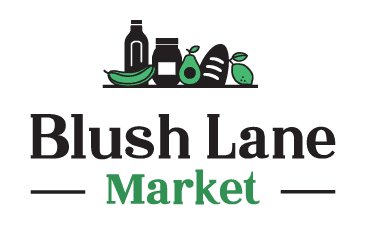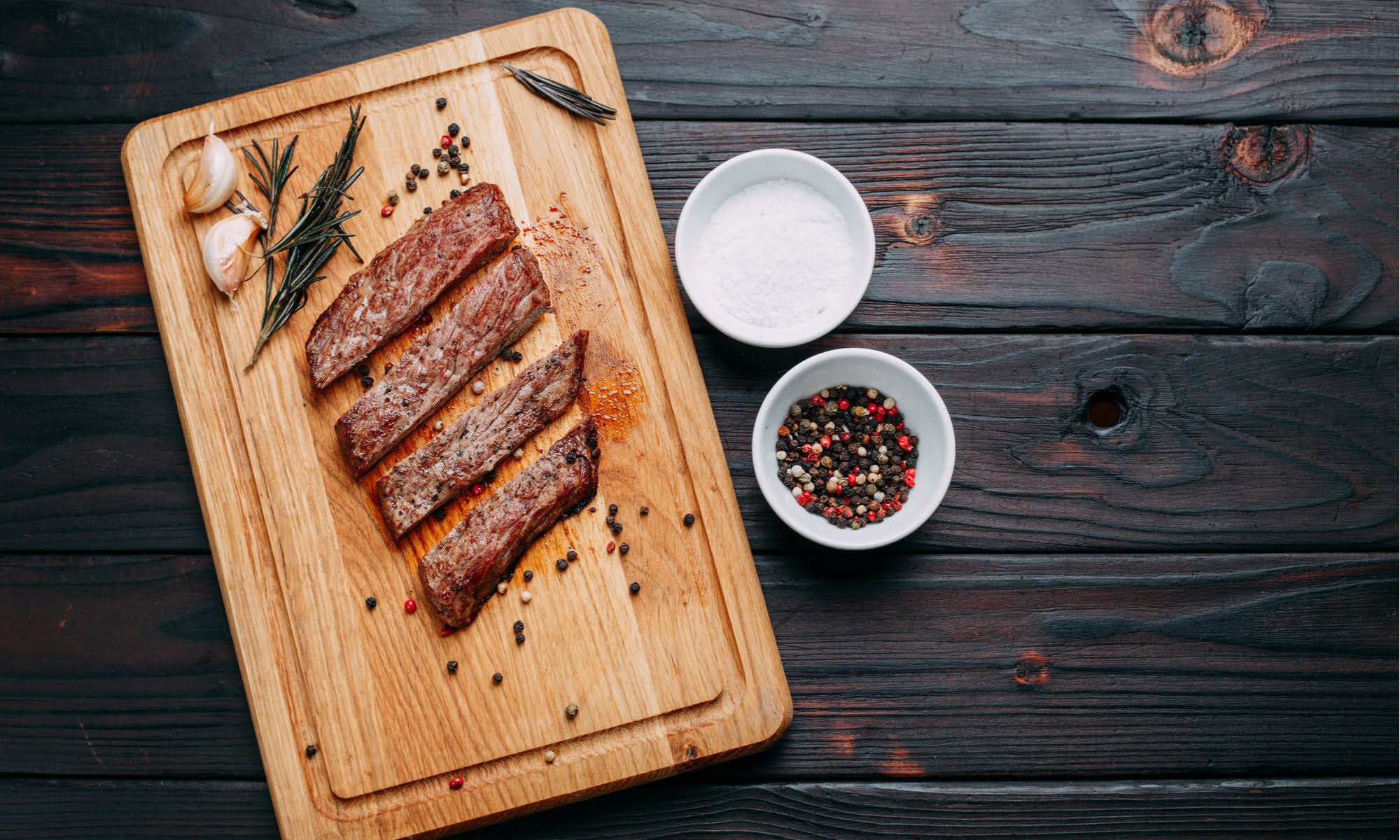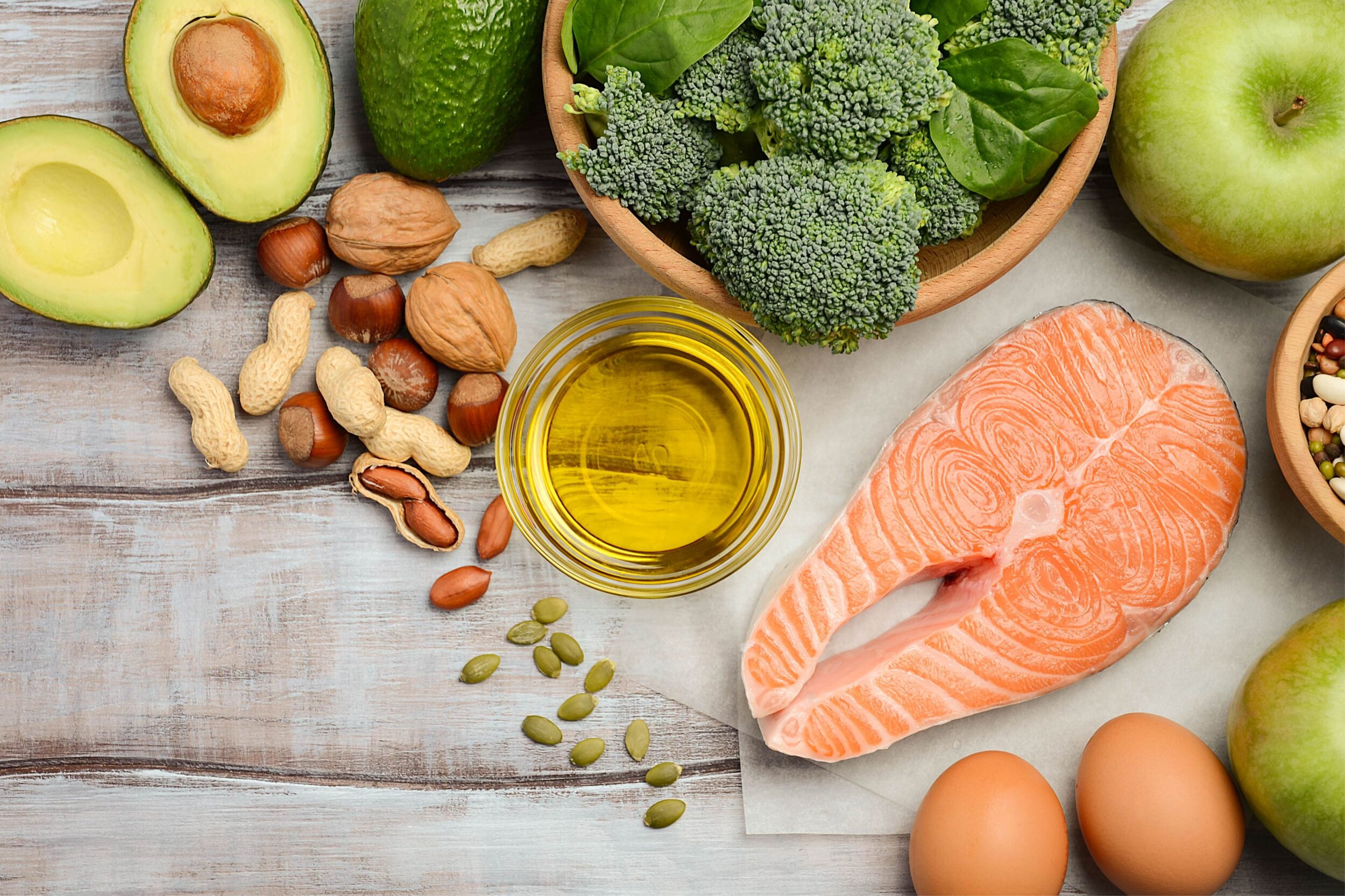Do you struggle with picky kids wanting to eat the same thing every night? These…
Here at Blush Lane, we care about food and where it comes from. That includes our Meat and Seafood program. When sourcing new farms, we take many aspects into consideration. These include:
Our Sustainable Meat Program
- Humanely and ethically sourced livestock
- Not purchased off feedlots
- Raised outside (weather permitting)
- Pasture rotation (to allow better grass quality and overall yields than continuous grazing)
- Permaculture
- Non-GMO feed
- Biodiversity
- Grass-fed
- Oceanwise/MSC
- Wild and line caught fish
- RWA (raised without antibiotics)
- Certified Organic
- Ethical supply chain
Meat
For our meat products, they must be raised without the use of antibiotics, hormones, animal by-products, chemical insecticides, or ionophores. Products must contain no MSG, nitrates, or other additives. All animals must be humanely raised.
Seafood
For seafood, we source third-party certified sustainable seafood (certified by organizations such as Ocean Wise and MSC). Our priority locations are from the west coast of Canada, seeking wild caught first. We strive to only sell line-caught tuna and certified sustainable farmed and exotic seafood.
So, why choose sustainable meat and seafood?
More Future Fishing
In the past, humans have quickly overfished and caused damage to various ecosystems. Many marine ecosystems are under pressure, and a recent report found that 85% of the world’s fisheries are fished at or beyond their sustainable limits. However, research shows that fisheries are able to recover or stabilize populations when regulations are in place (hooray!). So basically, with sustainable seafood regulations, we can enjoy fish for years to come.
Animal Health
On sustainable farms, animals are able to graze on pasture, carry out natural behaviours, and live without undue stress or cruel treatment. Factory farms compromise animal welfare with small, enclosed buildings and filthy conditions.
Supports Farmers Who Raise Livestock Responsibly
Supporting family farms helps to stimulate economic growth in local communities, protect natural resources, and can strengthen community ties.
Better Taste
While this is subjective, many people can agree that sustainably raised meat tastes better than factory farm meat. If you’ve ever tried meat from a local farm vs. industrial factory farm, you’ll know what we mean. In our opinion, sustainably raised meat just simply… tastes better.
Better For You
Research shows that grass-fed beef may have:
- Less total fat
- More heart-healthy omega 3’s
- More conjugated linoleic acid (a type of fat that can reduce heart disease and cancer risks)
- More antioxidant vitamins, like vitamin E
Industrial meat typically uses growth hormones or non-therapeutic antibiotics, which have been linked to cancer. In addition, non-therapeutic antibiotics can end up causing superbugs – antibiotic-resistant bacteria that can cause deadly diseases in humans. Our meat is certified organic and natural – all without the use of antibiotics.
Better For The Environment
Compared to factory farmed meat, sustainably raised meat can be better for our environment, and especially for dead zones. Dead zones are areas in the ocean with such low oxygen concentrations that everything within them dies, and while they can occur naturally, they’re thought to be enhanced by modern agriculture – especially cheap meat that’s fed on corn and soy in vast, highly industrial, centralized farm factories. Crops grown to supply this vast meat production are sprayed with herbicides, fungicides, and pesticides, many of which end up in streams and rivers and downstream into seas. These animals are also pumped with drugs, like non-therapeutic antibiotics, which end up into the waterways from urine and manure and contribute to dead zones, too. The industrial meat industry is blamed for most dead zones, especially the largest dead zone ever recorded, which is in the Gulf of Mexico and is nearly 8,200 square miles. Unlike factory farms, we source sustainable pasture-raised meat that uses fewer pesticides and doesn’t use antibiotics – all of which minimizes its impact on the environment.
Why Is Sustainable Meat More Expensive Though?
Many people are dissuaded from sustainably raised meat and seafood because of the higher prices compared to conventionally raised, but they are priced that way for a reason. For meat, for example, it can take a farmer up to a year longer (and with that a year’s longer worth of food, care and labour) to raise a grass-fed animal to reach slaughter weight compared to a conventionally raised one. Factory farms also use antibiotics, hormones, and feedlots to produce incredibly cheap beef much more quickly. So, the major reason sustainably raised meat (either grass-fed, organic, or both) is pricier is because of the profit margin: production costs are higher, so prices need to be higher, too. The same idea goes for sustainably raised seafood.
Evidently, highly industrial farm factory meat and seafood can cause significant problems to both our health and the environment. While sustainably raised meat/seafood comes with a higher cost, in our eyes, the cost is worth it. We believe in sustainably grown meat and source vendors that align with these values, too.
Sources:
http://sajs-archive.ojs.knowledgearc.net/index.php/SAJS/article/view/718
http://www.sustainabletable.org/1649/the-meat-to-eat
https://www.cbsnews.com/news/are-antibiotics-in-meat-bad-for-humans/
https://oceanservice.noaa.gov/facts/deadzone.html
https://www.theguardian.com/commentisfree/2017/aug/04/meat-industry-gulf-mexico-dead-zones-pollution
https://www.consumerreports.org/cro/magazine/2015/08/why-grass-fed-beef-costs-more/index.htm




